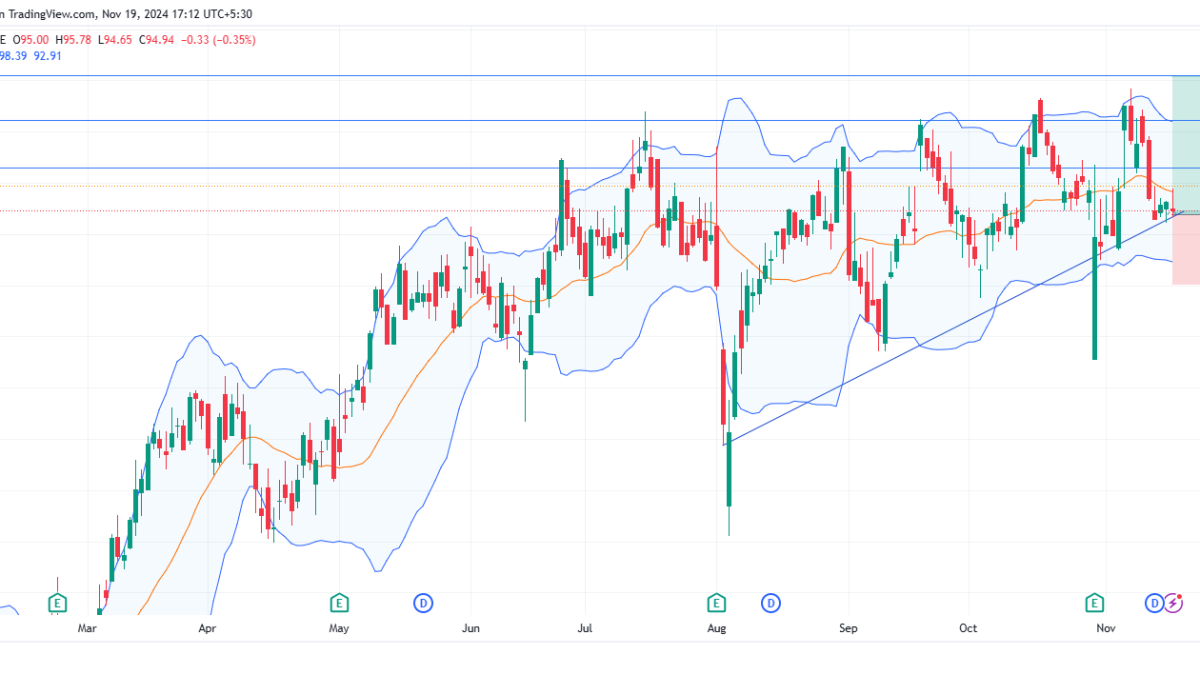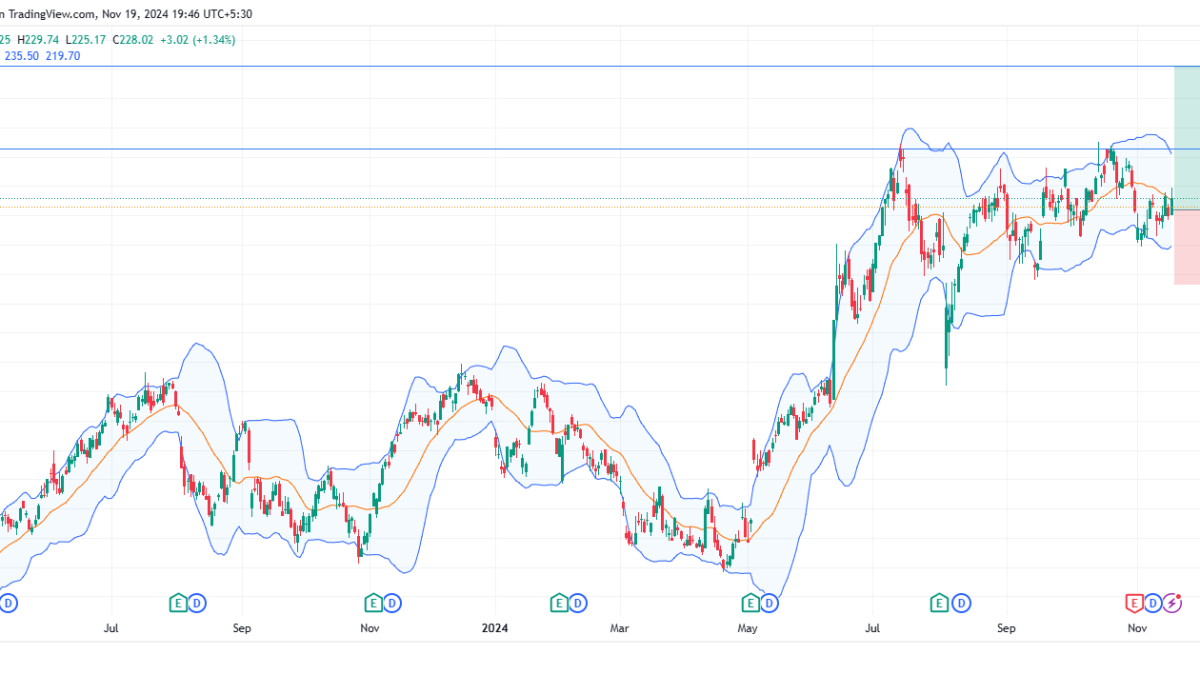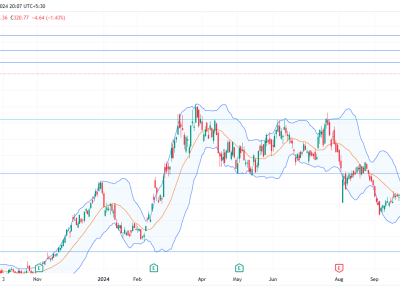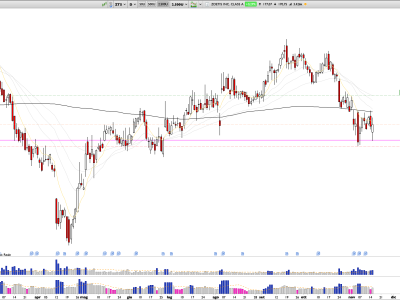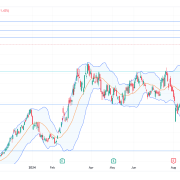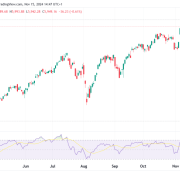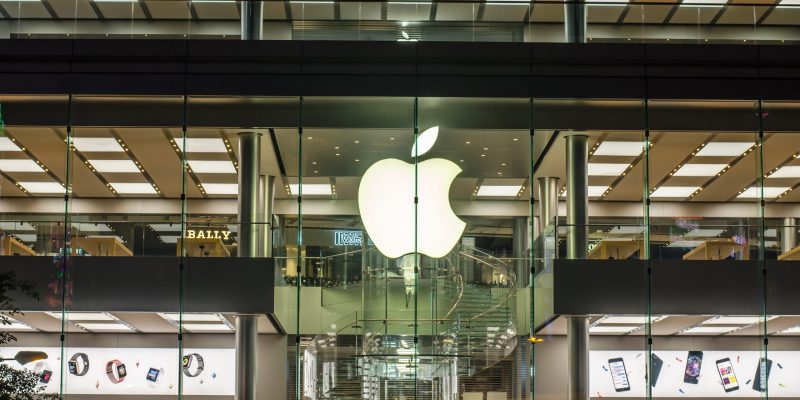
Apple’s potential entry into the bitcoin market has sparked considerable discussion following remarks by Michael Saylor, CEO of MicroStrategy.
In a recent podcast, Saylor suggested that Apple should allocate $100 billion towards bitcoin rather than pursuing a stock buyback.
He argued that this move could bolster Apple’s market capitalisation, driving long-term growth and enhancing the company’s strategic positioning.
MicroStrategy’s success with bitcoin fuels Saylor’s proposal
Saylor’s suggestion is rooted in the success of his own company, MicroStrategy.
Under his leadership, MicroStrategy has emerged as the largest corporate holder of bitcoin, with holdings exceeding $17 billion.
This strategy has significantly boosted the company’s stock, which has surged over 182% year-to-date, thanks in large part to its bitcoin investments.
MicroStrategy’s approach positions bitcoin not just as an asset but as a core component of the company’s digital transformation strategy.
Saylor believes that Apple’s investment in bitcoin could lead to substantial gains.
He predicts that a $100 billion investment could grow to $500 billion with an estimated 20% annual growth rate.
According to Saylor, this would allow Apple to achieve $100 billion in annual investment gains, potentially adding trillions to its market value.
He envisions a future where 60% of Apple’s valuation is tied to its operating business, while 40% could be based on its bitcoin holdings, fundamentally altering the company’s financial landscape.
Could bitcoin boost smaller S&P 500 companies too?
Beyond Apple, Saylor sees a broader potential impact for bitcoin within the S&P 500.
He suggests that smaller companies in the index could enhance their performance by gaining exposure to bitcoin.
According to Saylor, this could help such companies rival the growth rates of major tech firms, shifting the index’s performance towards Bitcoin.
This perspective underlines the potential for bitcoin to influence not only individual companies but the overall direction of major stock indices.
MicroStrategy’s vision for bitcoin as a banking asset
As part of its bitcoin strategy, MicroStrategy has positioned itself to become a “bitcoin bank,” reflecting the increasing institutional demand for the digital asset.
This move aligns with a broader trend where cryptocurrencies are becoming more integrated into traditional finance.
The rise of digital assets, coupled with high-profile endorsements like Saylor’s, could encourage more institutional adoption, potentially shaping the financial sector’s future.
Political implications of bitcoin adoption
The growing presence of bitcoin in various sectors extends beyond corporate investments.
Notably, the digital asset is making inroads into political fundraising. Donald Trump’s presidential campaign, for example, has raised over $7.5 million in cryptocurrency.
This development highlights the expanding credibility of digital assets and their acceptance in mainstream domains.
The integration of bitcoin into political and corporate spheres suggests a gradual normalisation of cryptocurrencies, which could influence broader regulatory and market dynamics.
Saylor’s vision for Apple’s investment in bitcoin represents a significant departure from conventional strategies like stock buybacks.
While he is confident in bitcoin’s potential for long-term growth, such a move would introduce volatility into Apple’s portfolio, given bitcoin’s price fluctuations.
The decision to embrace bitcoin could position Apple as a leader in digital finance, but it would also come with the challenge of managing the risks associated with the cryptocurrency market.
The post Is Apple ready to follow MicroStrategy’s bitcoin strategy with a $100 billion bet? appeared first on Invezz


